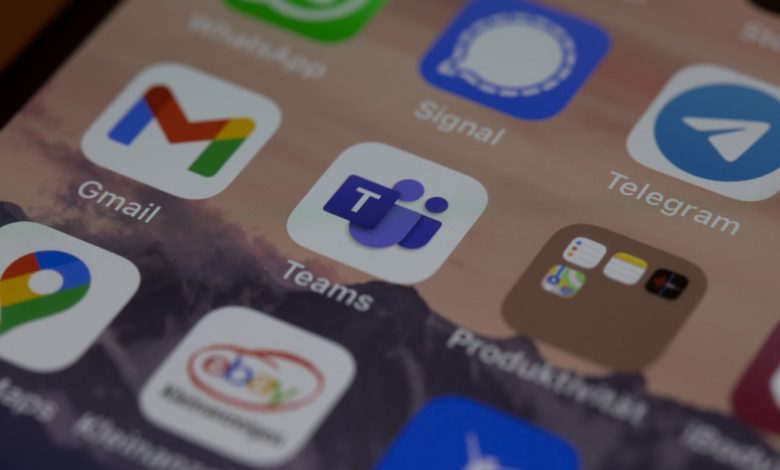
The smartphone revolution has brought about the digital era, making it possible to complete work while on the go. We can accomplish a lot on the road by utilizing apps on our phones, tablets, and computers, whether we’re watching movies, reading the news, listening to music, playing games, researching, or shopping. This is the main reason for every app development company in Chennai getting loads of projects every quarter.
Not all applications are created equal. There are significant distinctions between native mobile applications, web applications, hybrid mobile applications, and progressive web apps (PWAs). When choosing the best sort of app for your business, weigh the benefits and drawbacks of each, then thoroughly test it.
To make this process easy for you, here is a list of various app types along with their pros and cons. This list is nailed down by enquiring every top mobile app development company in Chennai. Let’s get this going!
Mobile Apps of Various Types for Various Purposes
The app business is continually creating new sorts of apps. In order to harness app technologies to improve customer experiences, businesses must maintain a close watch on technology. According to recent research, 80% of customer service companies would choose messaging platforms over native mobile applications to give a richer client experience. But let us not get to any conclusions. Take a look at these app types to make your choice.
#1 Native Apps
Native apps are built to run on a certain operating system and are written in a native programming language. The majority of smartphones run Android or iOS, depending on whether they are Apple devices. Native Apps are designed expressly for a single operating system in order to make use of the features available on the devices that run that operating system. As a result, native programs cannot run on several operating systems concurrently. Since they are designed for a certain operating system, the coding languages used to create them are also unique. For iOS apps, Xcode and Objective-C are often used, whereas Eclipse and Java are commonly used for Android apps.
Native apps are designed to take advantage of all of the phone’s capabilities and functionalities, such as contacts, cameras, and sensors. They offer a high-performance and engaging user experience since they are intended to utilize the native device UI.
Advantages of Native App Development
- It works well offline.
- Gives the best possible performance across a wide range of platform-supported devices.
- Users may continue to use their favorite native UI components.
- The operating system is quite safe.
Disadvantages of Native App Development
- It requires more effort to create software, especially if it is cross-platform.
- Each platform has its code, which necessitates specialized knowledge.
#2 Web Apps
To access online applications or mobile web apps, all you have to do is open a browser window. To work, the software requires no storage space or installation. Mobile web apps may be readily adapted to different screen sizes and devices. Native and online applications have almost identical features and responsiveness. So, web app responsiveness and functionality can easily be misconstrued with those of native apps. There is no need to update the web app because it updates itself on the web-hosted servers (Since it is not installed on your computer or smartphone).
Advantages of Web App Development
- Always up to date.
- The company saves money.
- Installation is not required.
- Because it can be accessed from anywhere, it has a greater reach.
Disadvantages of Web App Development
- It takes more time to mature.
- In comparison to native programs, there are fewer functions.
- When you are not connected to the internet, web apps do not function.
#3 Hybrid Apps
Web apps and native platform features are combined to form hybrid mobile applications. Hybrid apps are built using JavaScript, HTML, and CSS and run on the device’s browser engine. They are created in a single pass for all platforms, saving time and money on cross-platform development.
Advantages of Hybrid App Development
- It is quite simple to maintain based on typical web solutions.
- Adding new features is easy when you just have one codebase.
- Platform-independent device features can be exploited.
- Reduce development costs, especially if the software is intended for several platforms.
Disadvantages of Hybrid App Development
- The more features there are, the slower the software becomes.
- It is not possible to employ device-specific features on iOS or Android.
#4 Progressive Web Apps
Progressive Web Apps are online apps that operate in the same way as native mobile apps. They are often viewed using your preferred web browser, but they can also be downloaded and used on a device. Since they are so widely available, PWAs are ideal for dynamic eCommerce applications.
Advantages of PWA Development
- Easy to reach from any location.
- The UI is similar to the native version.
- No App Store approval is needed to release the app.
- Alternatives are less expensive but need more time to create.
Disadvantages of PWA Development
- The app’s performance is determined by the browser’s capabilities.
- Apple devices receive less support, resulting in poor iOS performance.
When is it Fine to Employ Native Apps, Web Apps, Hybrid Apps, or Progressive Web Apps?
With so many alternatives, you might be wondering which type of app is best for your business. Each type of software has advantages and disadvantages that may impact the desired outcome as seen above. Before making a decision, consider the following factors:
- Are you developing a game?
- Which app is the most beneficial?
- What are the most popular devices?
- Is it tough to understand the functionality?
- What is your recommended solution’s business case?
- How much money do you have set aside for development?
- How secure do you want your app and any data it accesses to be?
- What are the specific requirements of the projected customer base?
- Which app type offers the best user experience for the features you need?
- How much money have you set aside for quality assurance, ongoing maintenance, and other expenses?
- Is the app going to require access to the device’s hardware, such as the camera, GPS, phone, or local storage?
- When do you need your app and any future features/improvements to be available to the users?
Wrapping Up
There are advantages and downsides to native applications, web apps, hybrid apps, and progressive web apps. What works best for your business will influence which type of app development company in Chennai you must partner with. When testing these applications, using a unique technique that is specific to the kind of app will help you achieve a complete testing plan and provide the greatest user experience to your clients. And each app type has its own set of benefits. Hope you utilize the information provided here to thoroughly test your apps before publishing them by affiliating with the best mobile app development company in Chennai!




